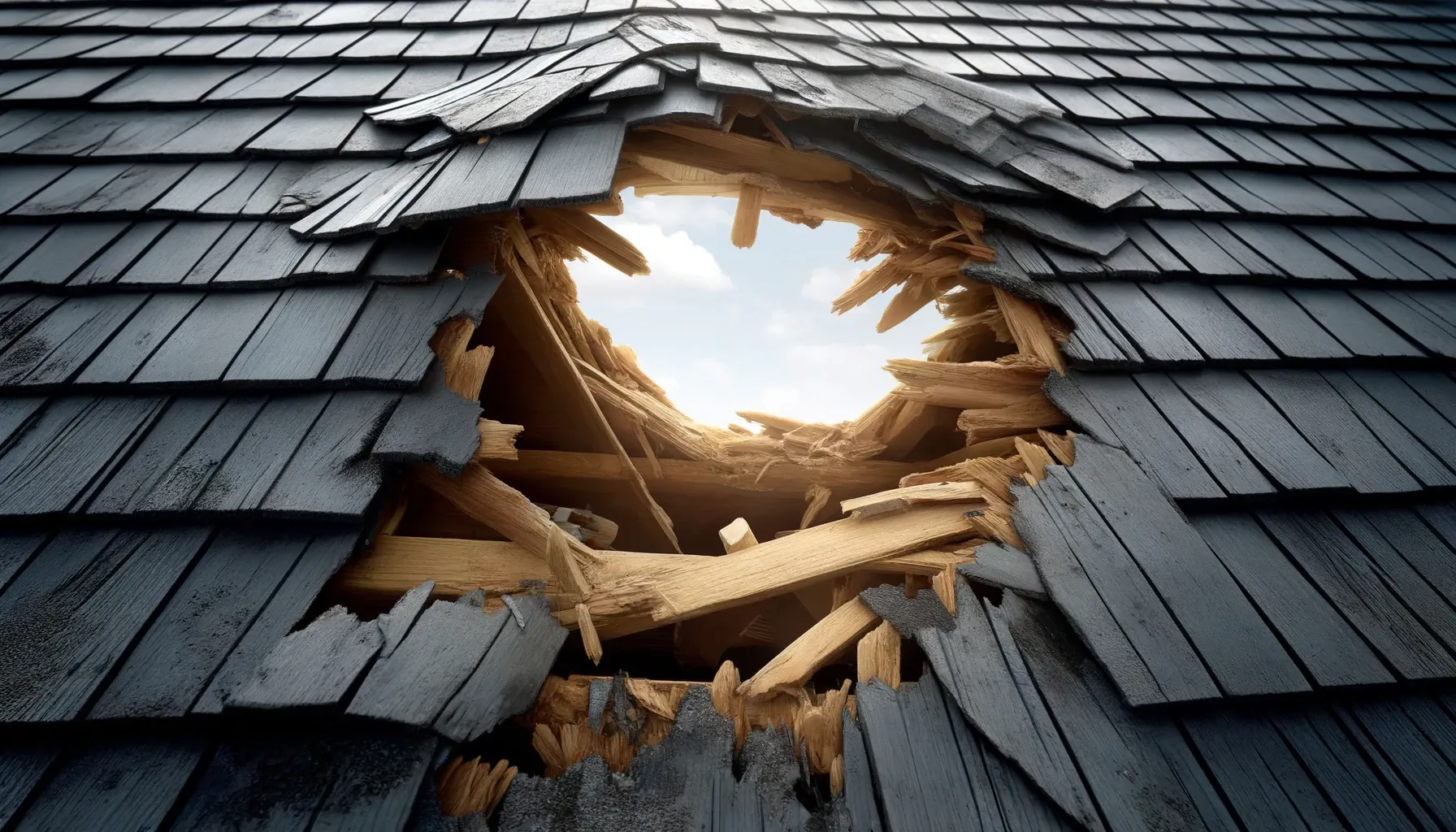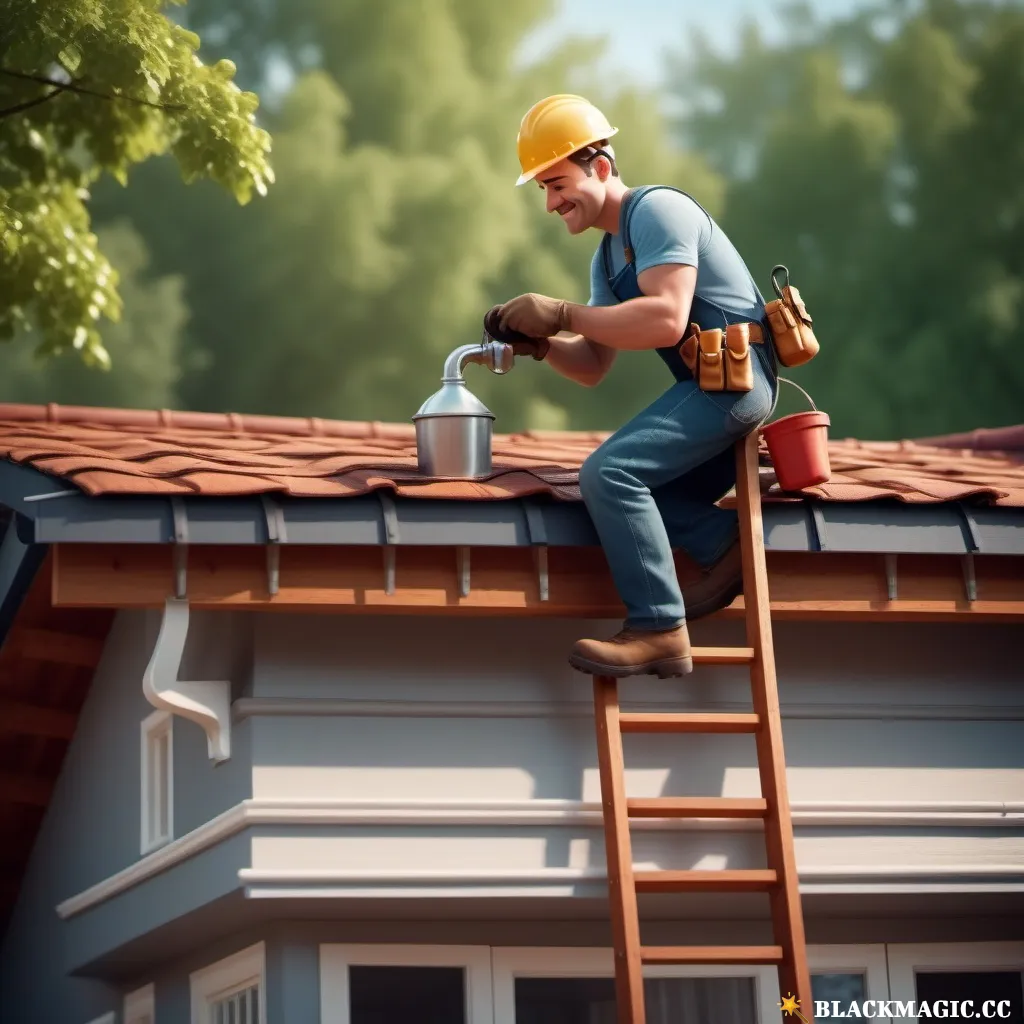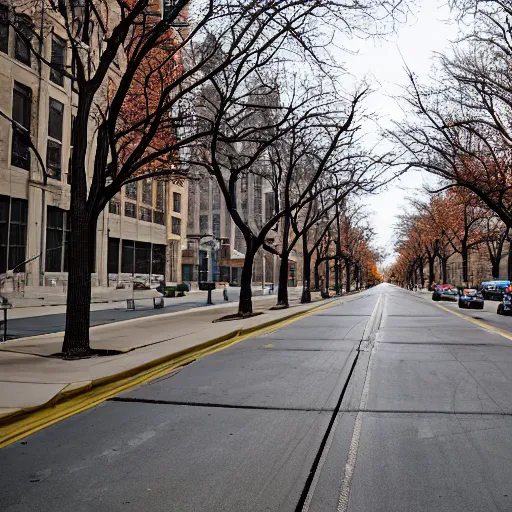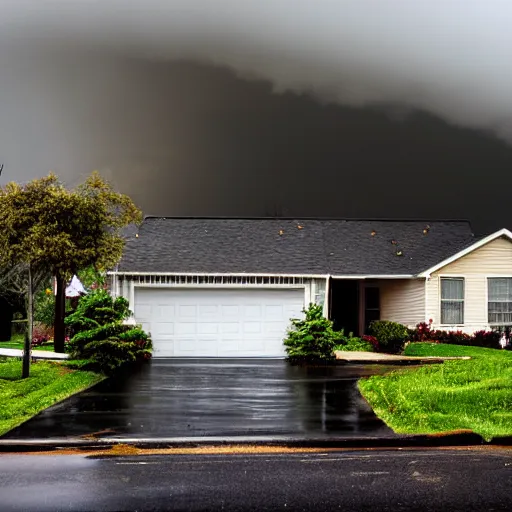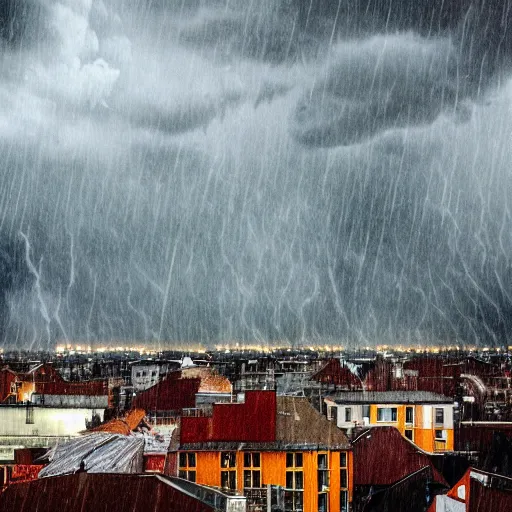How do I Stop my Roof Leaking in Heavy Rain?
In order to prevent roof leaks during heavy rain, it is essential to conduct routine inspections of your roofing system to identify any potential issues such as damaged or missing shingles, cracked flashing, or clogged gutters.
Addressing these issues promptly can help in protecting your home from water damage and costly repairs. Also, hiring a professional roofer to assess your roof's condition and make necessary repairs or modifications can provide a long-term solution to preventing leaks during heavy rainfall.
Taking preventive measures and investing in regular maintenance can help ensure the durability and longevity of your roof.
How do I stop my roof leaking in heavy rain?
As homeowners, dealing with a leaking roof can be a stressful and frustrating experience, especially during heavy rain.
However, with the right knowledge and actions, you can prevent your roof from leaking and protect your home from water damage. In this article, we will discuss effective ways to stop your roof from leaking during heavy rain.

Common causes of roof leaks
Before we delve into how to stop your roof from leaking, it's essential to understand the common causes of roof leaks. By identifying the root cause of the issue, you can take the necessary steps to fix the problem effectively.
Missing or damaged shingles
One of the most common causes of roof leaks is missing or damaged shingles. Over time, shingles can become loose or broken, allowing water to seep through the roof and into your home. Inspecting your roof regularly for any missing or damaged shingles can help you prevent leaks during heavy rain.
Clogged gutters
Clogged gutters can also lead to roof leaks during heavy rain. When debris such as leaves, twigs, and dirt accumulate in the gutters, water cannot flow properly, causing it to overflow and seep into your roof. Regularly cleaning your gutters and ensuring they are free of debris can help prevent leaks.
Damaged flashing
Flashing is a metal material installed around roof penetrations such as chimneys, skylights, and vents to prevent water from entering the roof. If the flashing is damaged or improperly installed, it can lead to roof leaks during heavy rain. Inspecting the flashing on your roof and repairing any damage can help prevent leaks.
Improper roof installation
If your roof was not installed correctly, it can increase the likelihood of leaks during heavy rain. Poor installation practices can lead to gaps, weak spots, and other issues that allow water to seep into your home. Hiring a professional roofing contractor to inspect your roof and address any installation errors can help prevent leaks.
Steps to stop your roof from leaking in heavy rain
Now that we have covered the common causes of roof leaks, let's discuss the steps you can take to prevent your roof from leaking during heavy rain. By following these tips, you can protect your home from water damage and ensure the integrity of your roof.
Inspect your roof regularly
Regular roof inspections are crucial for preventing leaks during heavy rain. Inspect your roof for missing or damaged shingles, clogged gutters, and damaged flashing at least twice a year, ideally in the spring and fall. By catching and addressing any issues early on, you can prevent water from seeping into your home.
Repair any damaged shingles
If you notice missing or damaged shingles during your roof inspection, it's essential to repair them promptly. Replace any missing shingles and seal any cracks or holes to prevent water from entering your roof. Ignoring damaged shingles can lead to more extensive leaks and costly repairs down the line.
Clean your gutters regularly
To prevent roof leaks caused by clogged gutters, make sure to clean them regularly throughout the year. Remove any debris such as leaves, twigs, and dirt from your gutters and downspouts to ensure water can flow freely. Consider installing gutter guards to prevent debris from accumulating in your gutters and causing leaks.
Check and repair flashing
Inspect the flashing around roof penetrations such as chimneys, skylights, and vents for any damage or signs of wear and tear. If you notice any issues, such as rust, corrosion, or gaps, repair or replace the flashing as needed. Properly sealed flashing is essential for preventing water from entering your roof and causing leaks.
Ensure proper roof installation
If you suspect that your roof was not installed correctly, contact a professional roofing contractor to inspect the installation and address any errors. A qualified roofer can identify any installation issues, such as gaps, weak spots, or improper flashing, and make the necessary repairs to prevent leaks during heavy rain.
Consider roof coatings
Applying a roof coating can provide an additional layer of protection against leaks during heavy rain. Roof coatings are designed to seal and waterproof your roof, preventing water from seeping through the shingles or flashing. Consult with a roofing professional to determine if a roof coating is suitable for your roof.
Address attic ventilation
Proper attic ventilation is essential for preventing roof leaks during heavy rain. Poor ventilation can lead to excess moisture buildup in the attic, which can cause mold, mildew, and eventually roof leaks. Ensure your attic has adequate ventilation, including soffit, ridge, and gable vents, to allow for proper air circulation and prevent leaks.
Replace old or damaged skylights
Skylights are prone to leaks if they are old or damaged. If you notice water seeping through your skylights during heavy rain, consider replacing them with new, high-quality skylights. Modern skylights are designed to be more durable and weather-resistant, reducing the risk of leaks and water damage.

Stopping your roof from leaking during heavy rain requires diligence, regular maintenance, and timely repairs.
By identifying the common causes of roof leaks, conducting regular roof inspections, and taking proactive measures to address any issues, you can prevent water from entering your home and protect your roof from damage.
If you are unsure how to stop your roof from leaking or need professional assistance, contact a reputable roofing contractor for expert advice and services. By taking the necessary steps to maintain your roof, you can enjoy peace of mind knowing your home is protected from leaks and water damage.

